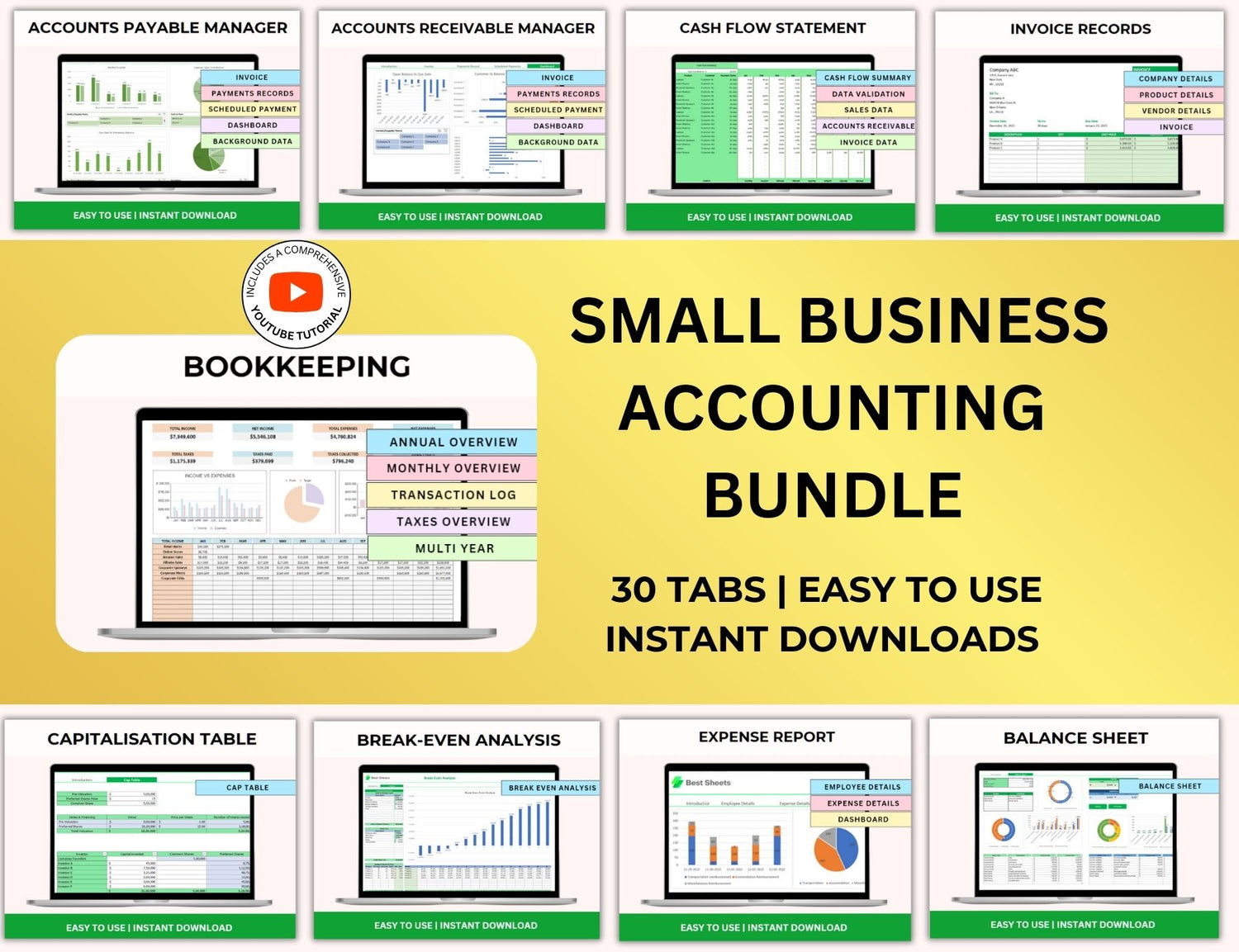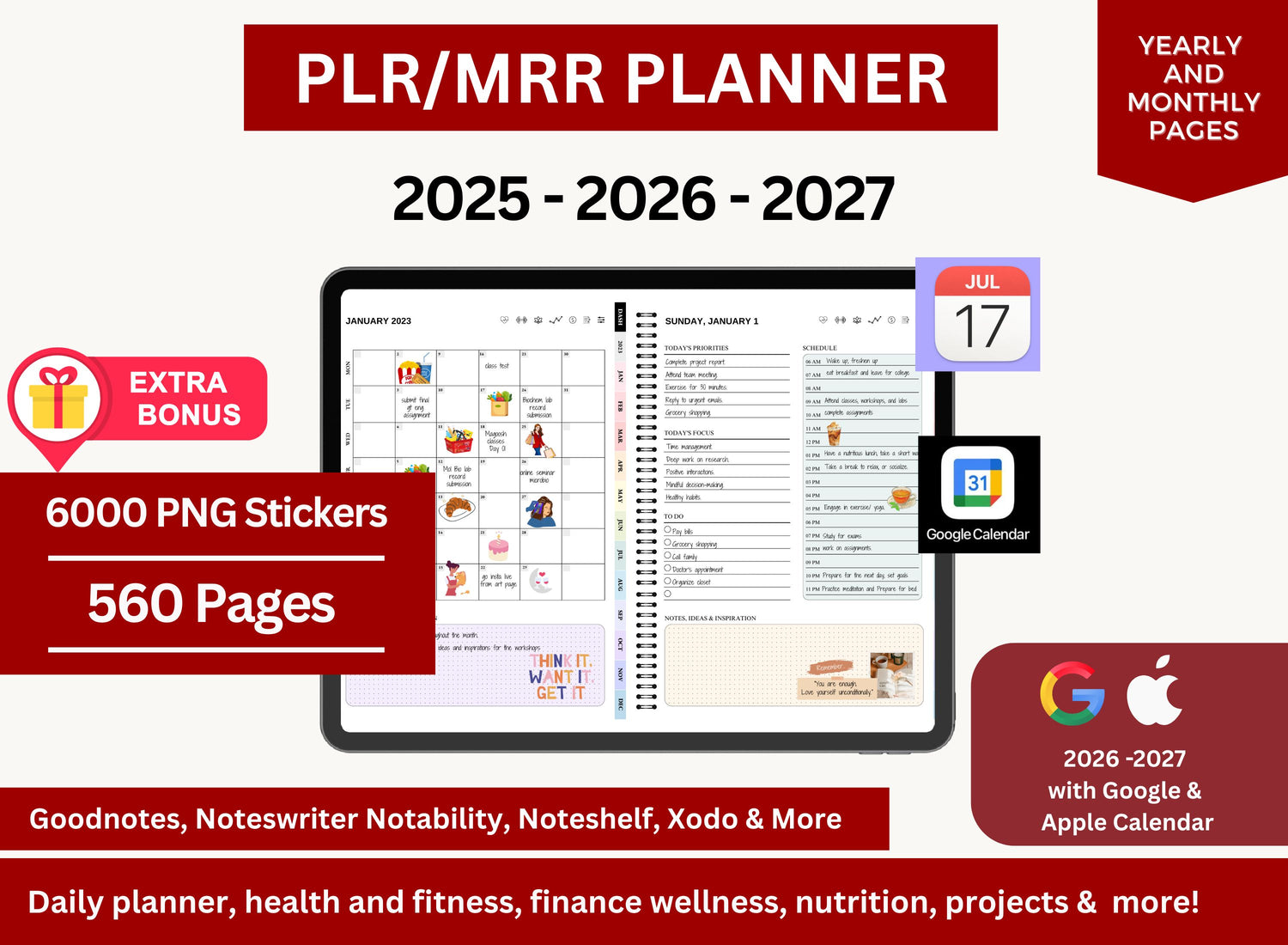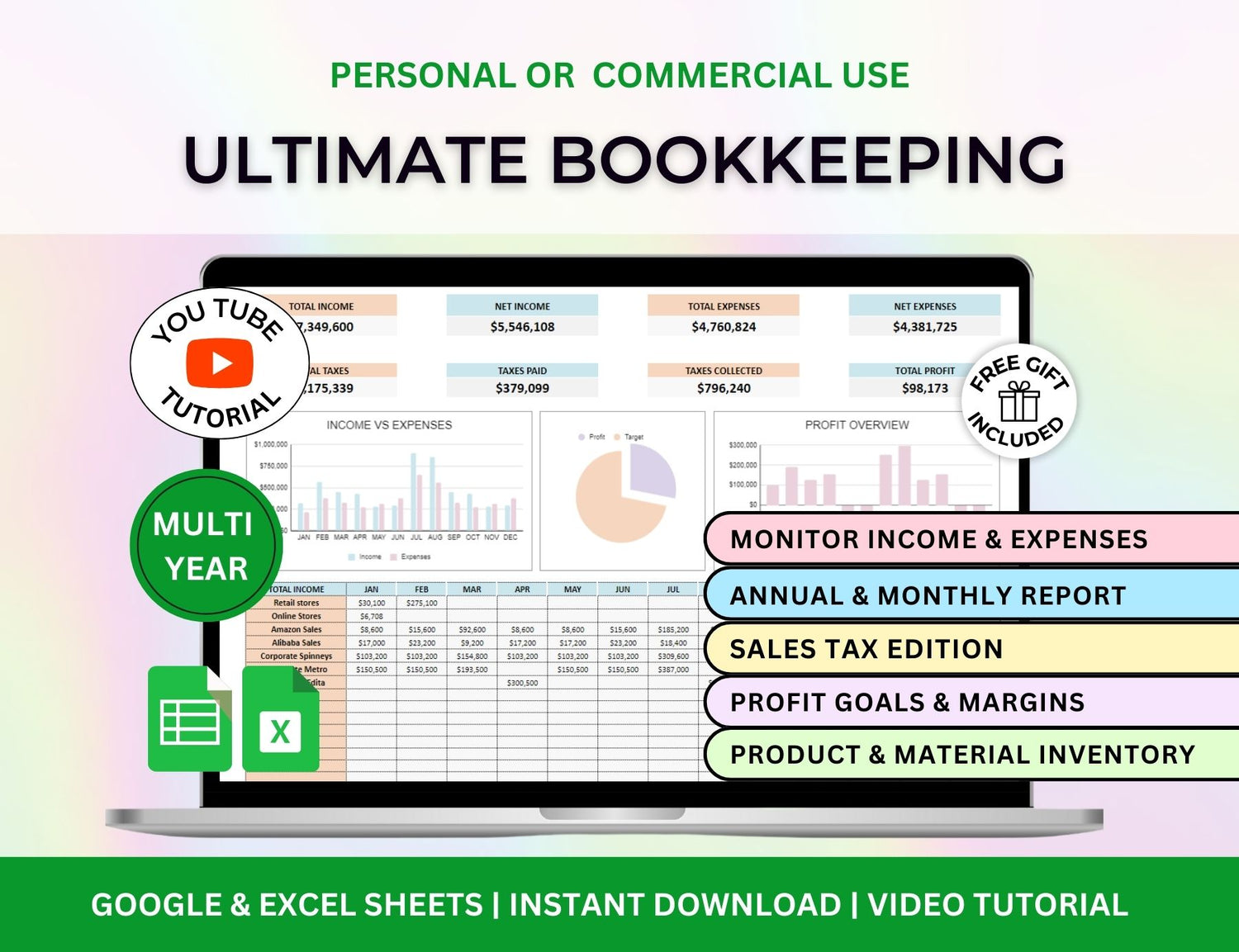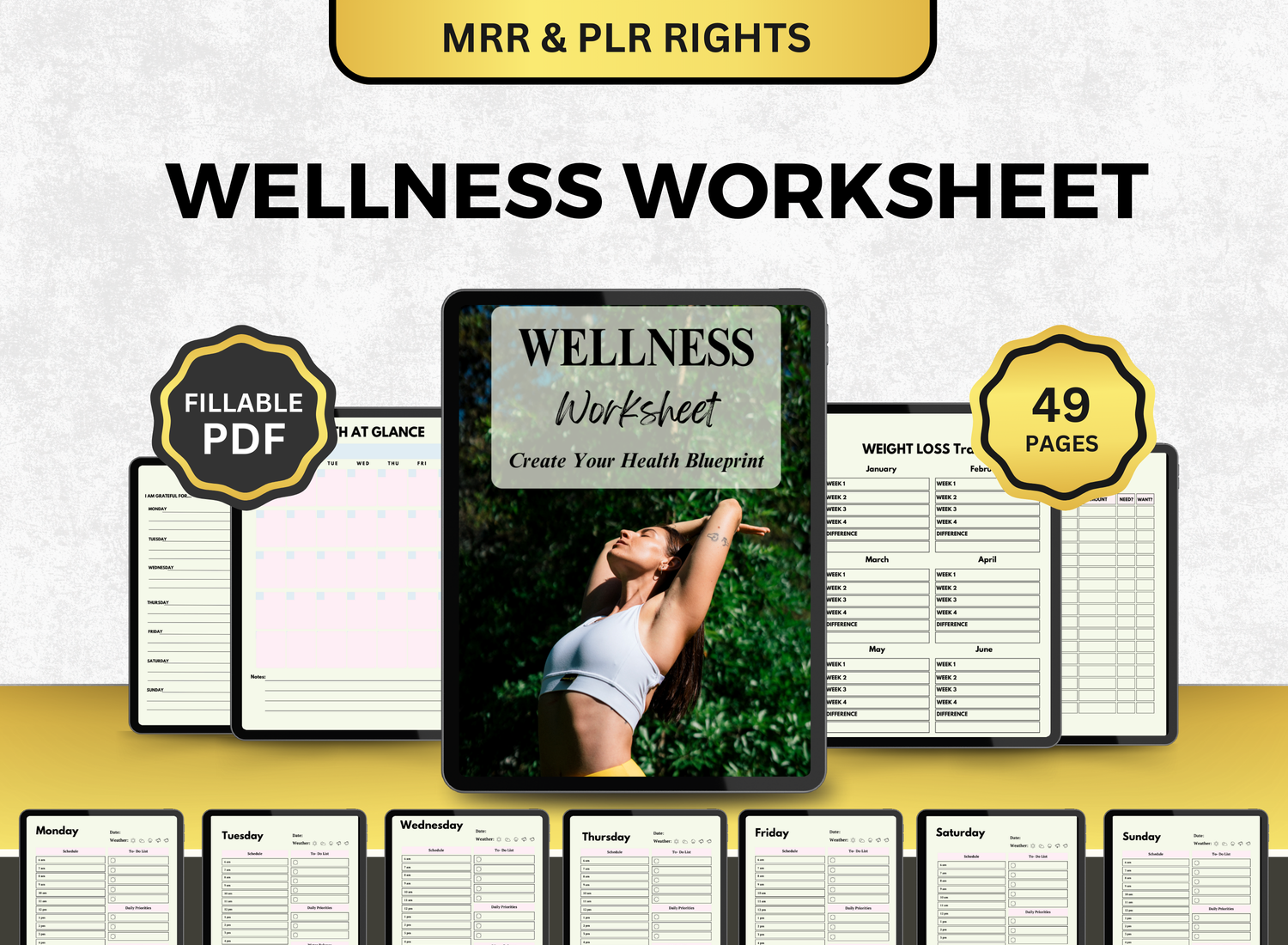Journaling Like McConaughey: Could Writing Stuff Down Actually Change Your Life?
There’s a scene in Greenlights, Matthew McConaughey’s memoir, where he’s just left for a solo trip across the desert. He’s in a trailer, miles from anyone, and he starts pulling out old journals. Stacks of them. Pages filled with memories, ramblings, ideas that went nowhere, notes to self. He doesn’t read them all—not all at once. But he goes through enough to realize something: he's been living with a kind of quiet intention for decades. Doesn’t happen everyday or even every week but simply when he feels compelled to. And it all started because he wrote things down.
It’s tempting to romanticize that moment. A lone guy in a trailer, reading his younger self’s thoughts by lamplight. But it also makes you wonder—what if he hadn’t kept any of it? Would he still be the same guy? Would he have written a bestselling memoir? Would he have figured out what he calls the “greenlights” in life—the good moments that often only show up in hindsight?
And the bigger question: if you started journaling the way he did, could it actually change your life too?
Let’s take a closer look. Gently. Not everything has a clear answer, and maybe that’s part of the point.
Page Contents
☰“I write things down so I can forget them.”
That’s how McConaughey puts it. He doesn’t journal to remember, but to let go.
It sounds paradoxical, right? Writing something down to forget it. But if you've ever been kept awake by looping thoughts—conversations you should’ve had, decisions you can’t stop second-guessing—you probably understand what he means.
According to him, the act of putting something on paper is a release. It’s not so much about documentation as it is about offloading. That mental clutter we all carry? Writing is a way to shelve it. Not discard it, just... set it aside.
And science backs this up, to a degree. A 2005 study published in the journal Advances in Psychiatric Treatment found that expressive writing—journaling about emotional events—can reduce stress, improve immune function, and even help with trauma recovery. (source)
But—and this is important—not everyone benefits from journaling in the same way. Some people find it stressful to write about feelings. Others just don’t connect with the process. So it’s not a magic fix. It’s more like a tool you can try on. If it fits, great. If not, maybe it just isn’t your thing. Or maybe, like meditation or running, it takes a few tries to feel natural.

Source: Biography.com
What Makes McConaughey’s Approach Different?
He’s not writing perfect entries. He’s not doing daily gratitude lists, necessarily. He’s definitely not obsessing over grammar.
He’s just... capturing thoughts.
Sometimes it’s a story. Sometimes it’s a dream he had that didn’t make any sense but felt important. He collects what he calls “bumper stickers”—short lines of insight that hit him suddenly. They’re not rules, exactly, but more like reminders. Or maybe philosophies in disguise.
One of my favorites is: “Don’t walk into a place like you wanna buy it. Walk in like you own it.” Confident, maybe a bit cocky, and also kind of charming? It feels like something someone would tell themselves before a big job interview or a date they were nervous about.
And that’s the thing—his journaling practice isn’t rigid. It’s not methodical or academic. It’s loose, inconsistent even. But somehow that’s what makes it work. It doesn’t feel heavy or forced. It feels lived in.
The “5 Rules of Life” According to Matthew McConaughey
He writes about these in Greenlights, and while they’re framed as rules, they read more like observations that evolved over time:
- Life is not easy.
- Unbelievable is the dumbest word in our vocabulary.
- Happiness is simply an emotional reaction to things that happen.
- Define success for yourself.
- The process of elimination is the first step to finding out who we truly are.
They’re a little abstract. Some even feel contradictory—like saying happiness is tied to outcomes, while also insisting we define success for ourselves. But that’s sort of what makes them human. They aren’t carved in stone. They shift with context.
And they didn’t just pop into his head. They came from years of thinking and writing and probably forgetting and remembering again.
It’s easy to hear quotes like these and think, “Sure, that works when you're rich and famous.” But journaling isn’t about achieving the same outcome. It’s about arriving at your own thoughts with more clarity. Or sometimes, just putting them down so they stop buzzing in your head like flies you can’t swat.
So... Can Journaling Really Change Your Life?
Maybe. Maybe not. It depends on what you’re expecting from it.
It won’t hand you a life philosophy on a silver platter. It won’t organize your schedule unless you make an effort. It’s not therapy, although it can be therapeutic.
But it can sharpen your attention. Writing things down forces you to slow down and pay attention to your thoughts—something we rarely do in a world that’s constantly nudging us to move faster, scroll more, react quicker.
Personally, I started journaling in my late twenties. Nothing fancy—just a regular notebook, and I didn’t even do it daily. Some months I wrote twice. Other months, I’d write every morning with my coffee. A lot of it was rambling. Half-finished thoughts. Lists of things that made me anxious. But a few times, I went back and read an entry from a hard week and thought, “Oh, wow. I’ve actually grown since then.”
That realization doesn’t always feel dramatic. It’s subtle. Quiet. But real.
The Value of Structure (Without Becoming a Perfectionist)
Now, one thing that can make or break the habit is structure. Or rather, the right kind of structure.
Too much, and it starts to feel like homework. Too little, and you forget why you started. This is where something like a digital journal you can carry anywhere can be surprisingly helpful. It’s not some overly flowery, pastel-colored notebook (unless that’s your thing). It’s more of a flexible guide—a planner that doubles as a daily journal if you want it to.
There are sections you can skip, prompts you can answer or ignore. And because it's undated, there’s no guilt if you miss a week. Just start again. Having even a semi-consistent place to gather your thoughts makes a big difference—especially if you're trying to turn a chaotic, overwhelming phase of life into something you can manage, just a bit more easily.
Journaling During the “Messy” Times
If you’re going through something—anything, really—grief, confusion, burnout, a breakup, a job you secretly hate, or just a general feeling of “What am I doing with my life?”—that’s actually a great time to write.
Not because you’ll solve it all in a few pages. But because it’s often during these “in between” phases that thoughts feel especially loud and unclear. Journaling lets you lay them out like puzzle pieces. You might not see the full picture right away, but at least they’re not rattling around in the dark anymore.
Again, structure can help. Using something like a pocket journal gives you that middle ground between freewriting and chaos. You can jot down three things you’re grateful for. Or one. Or just write “I don’t know what I’m feeling today.” That counts too.
You Don’t Have to Be a “Writer” to Write
This is worth repeating. You don’t have to be eloquent or deep or clever to keep a journal. McConaughey didn’t write Greenlights thinking he’d publish it. He wrote it because he needed a place to think out loud.
Your journal isn’t for anyone else. That means you can contradict yourself, repeat yourself, vent, dream, even lie to yourself a little—sometimes that’s how we get to the truth. No one’s grading it.
And honestly? The best journal entries I’ve ever written are the ones I almost didn’t write because I thought they sounded silly. Or too raw. Or too boring. But they’re the ones I return to when I want to remember what it felt like to be there, in that moment, as messy or mundane as it was.
Final Thought... Maybe
If there’s one thing journaling like McConaughey teaches us, it’s this: your life doesn’t need to be perfectly understood or explained to be worth documenting. You don’t need clarity to start. You just need curiosity. And a bit of space.
Maybe writing things down won’t change your life in some sweeping, cinematic way. But it might make the life you're already living feel a little more seen. A little more yours.
And that, honestly, might be enough.
Sources:
Matthew McConaughey on journaling and forgetting:
Overview of Greenlights and journaling history:
Greenlights writing process and journaling insights:
Health benefits of expressive writing:
The 5 Rules of Life for Matthew McConaughey:
- Greenlights by Matthew McConaughey (Crown Publishing Group, 2020)









